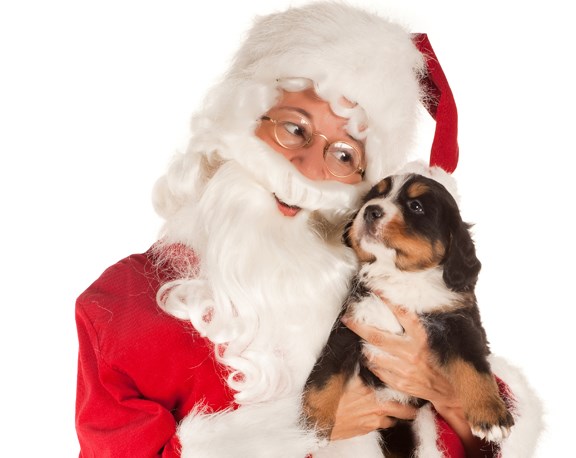After almost 20 years of writing this column, I have learned many things.
One is that what I write about seems to be open to interpretation by those who like to read what they want to read instead of what it is I am actually saying.
As an example, I could write, “The sky was blue today,” and I might get an email from a reader who comments, “So you are a dog trainer and a meteorologist?”
I’ve also learned that I can’t write enough about the importance of responsibility and leadership. As I stated above, people’s minds are selective. They read and see what they want, which means sometimes they don’t think responsibility and leadership applies to them, their dog or a particular situation. When you are chronically irresponsible, you don’t know you are irresponsible because you have never been responsible enough to understand you are being irresponsible. The status quo has always been irresponsibility.
This means that I sound like a broken record at times. So, to maintain my sanity, I try to adopt a more positive approach by advising “if you are going to do this irresponsible thing, then try to at least follow these guidelines to help it turn out for the best.”
This reverse and sometimes derisive logic applies perfectly to bringing home a puppy for Christmas.
I, and many other trainers, shelters, rescues, veterinarians and breeders advise against bringing home a puppy for Christmas because it is probably the worst time of year to establish healthy leadership, boundaries, socialization and house training routines. Here is my advice for those who won’t listen.
Just in case you didn’t know, your puppy does not come housebroken. Peeing and pooping outside is not an automatic behaviour, like breathing. There is not a light above a puppy’s head that starts blinking to indicate it needs to do its business.
From the moment the little tyke enters your home, you need to establish a house training routine and be aware of your puppy’s whereabouts 24/7. When the puppy wakes up in the morning, it needs to be taken out to do its business. Forget opening Christmas presents, eating pancake breakfasts or lounging by the fire with hot cocoa. Your puppy needs to poop and it does not care if you have guests or are still in your pyjamas.
Throughout the day it needs to go out to do its business: after it wakes from a nap, plays, eats or drinks water. If it hasn’t been out for an hour and has done none of the above, it still needs to go out.
House training is a 24-hour-a-day job for at least two weeks, or up to two months or more! The more mistakes a puppy has in the house, the longer the house training will take. Remember, it’s not the puppy’s fault it had to go while you were doing eggnog shooters.
Socialization is another full-time job. If you think a puppy can be shut away in the crate, laundry room or basement while you are entertaining, you are confusing it with a stuffed animal.
The behaviour and personality of your puppy is directly related to the amount of quality time you spend with it. Puppies need to bond with their new family the moment they come into their new home. If not, they will likely suffer confidence and social interaction issues such as resource guarding, lack of impulse control and territorial aggression. All of these issues usually end tragically with the puppy being given up for adoption, or worse, euthanized, all because you preferred to attend drunken Santa parties than attend to your puppy.
When puppies are not pooping in the house or shredding your throw carpet, they are a lot of fun. But in 10-12 years they will become arthritic, develop unsightly lumps, get slow and grumpy on walks. You are ethically and morally required to love and care for your dog for its entire life, which could be 15-plus years! If you are the type of person inclined to toss the senior dog aside for a newer model, I’d suggest you stick with that stuffed animal I mentioned earlier.
Put the phone down and think responsibly about bringing a puppy into your home over the holidays.
Joan Klucha has been working with dogs for more than 15 years in obedience, tracking and behavioural rehabilitation. Contact her through her website k9kinship.com.



